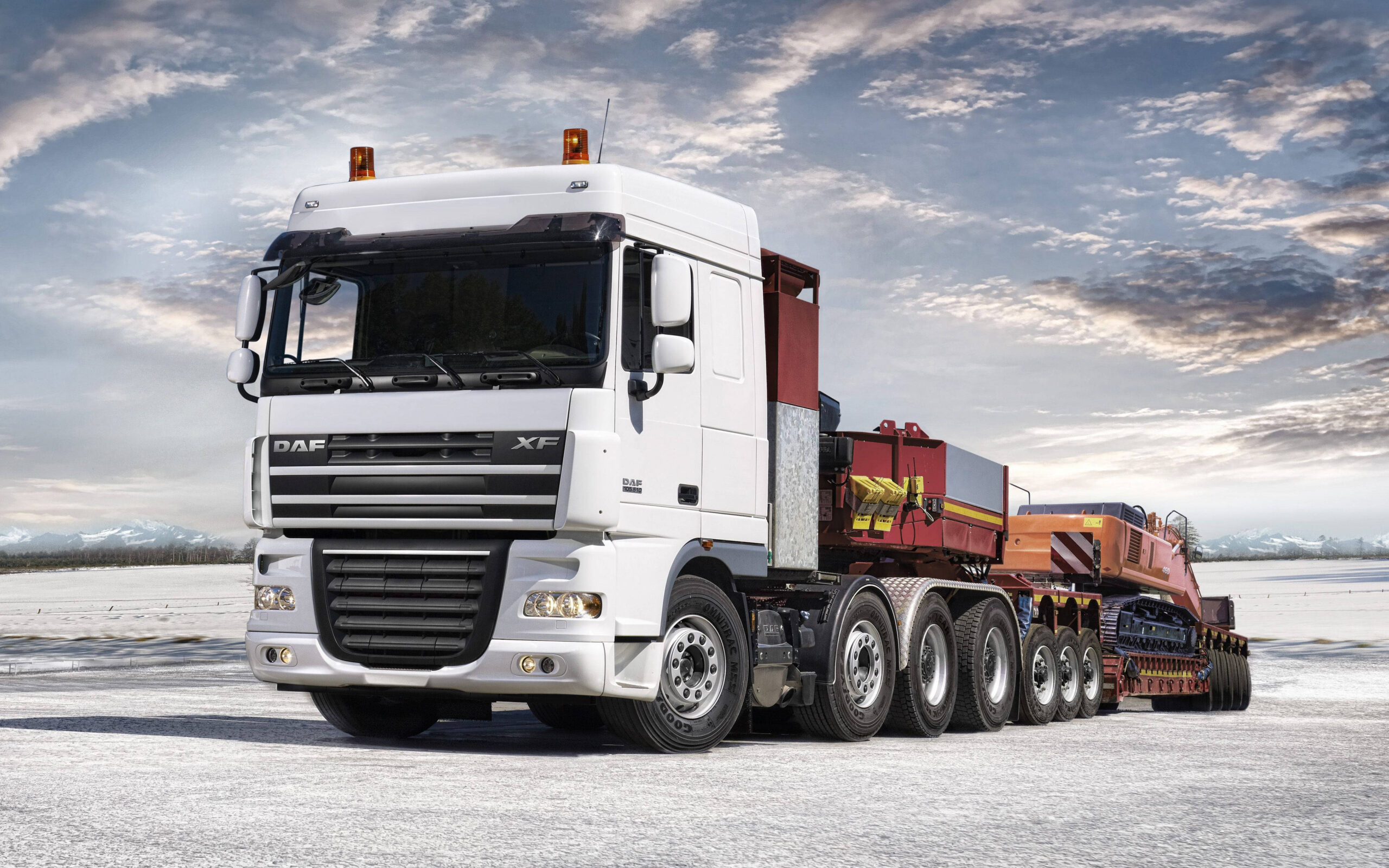Trucking Authority FAQ
Frequently Asked Questions (FAQ)
About MC#,DOT#,BOC-3 Filing and UCR Registration
The USDOT number is a unique code issued by the US Department of Transportation for commercial vehicles that operate across state lines or as part of a federally regulated industry. It helps track the safety record of these vehicles and their operators. The number is a seven-digit code that must be displayed on the exterior of the vehicle along with the carrier’s company name and address.
In the United States, the Federal Motor Carrier Safety Administration (FMCSA) is the agency responsible for regulating the commercial motor carrier industry. One of the ways the FMCSA tracks and monitors motor carriers is by assigning them an MC Number, which stands for “Motor Carrier Number”.
An MC Number is a unique identifier that is assigned to a motor carrier company that operates in interstate commerce, which means transporting goods or passengers across state lines. This number is used by the FMCSA to identify the carrier and to ensure that they comply with federal safety regulations.
A US DOT number identifies carriers operating in interstate commerce while an MC number identifies a carrier who transports regulated commodities for hire in interstate commerce. Generally, items that have been changed from their natural state are regulated commodities requiring an MC number. Determining whether an MC number versus a US DOT number is required is made by the Federal Motor Carrier Safety Administration, not the ND Highway Patrol.
BOC-3 is a form that motor carriers or freight brokers in the United States are required to file with the Federal Motor Carrier Safety Administration (FMCSA). This form designates process agents for each state in which the carrier or broker operates. The process agent acts as a representative for the carrier or broker in legal proceedings. The BOC-3 form is necessary for carriers or brokers to obtain their operating authority or broker authority.
UCR stands for “Unified Carrier Registration”. UCR registration is a requirement for interstate carriers operating in the United States. The UCR program requires carriers to register and pay an annual fee based on the size of their fleet. The fees collected go towards funding state and federal motor carrier safety programs. Carriers subject to UCR registration include those transporting property or passengers in interstate commerce, as well as brokers and freight forwarders. Failure to comply with UCR registration requirements can result in fines and penalties.
Other (FAQ)
Find answers to standard truck driving questions on our FAQ page.
To become a truck driver, you need to have a commercial driver’s license (CDL), which requires passing a written and driving test. You must also be at least 21 years old and have a clean driving record.
There are several types of trucks that you can drive, including tractor-trailers, flatbed trucks, tanker trucks, and refrigerated trucks. Each type of truck requires a different set of skills and knowledge.
The maximum number of hours that a truck driver can drive per day is 11 hours, followed by a mandatory rest period of at least 10 consecutive hours.
Most experienced drivers will refer to truck driving not as a job, but as a “lifestyle”. Your responsibilities go so much further than just holding the wheel and shifting gears and, especially for over-the-road drivers, trucking is not a switch that you just turn off at the end of the day. Dozens of different pieces have to fall into place for you to be successful, and you have to deal with weather, traffic, dispatch, the DOT, safety, life on the road, etc., etc, and it ALL falls on you, the driver, to get the job done safely and efficiently.
Even for local and regional drivers who are home more often, truck driving is still nothing like a typical 9-5 job at which you punch a clock twice a day at the same time. Long hours and sometimes-frustrating circumstances are the norm, and combined with the ever-present safety concerns and danger of the job in general.
What is the lifestyle REALLY like??
Depending on the company, you may be able to bring your animal friends along with you on the road. Every company will have a different policy, and will probably require refundable or non-refundable deposits and fees, as well as retrictions on the type and number of pets allowed.
Keep in mind that during CDL school, and company training, you will normally not be able to bring your pets along, so other arrangements would have to be made. Also depending on the company and the type of freight, customers may not allow pets on the premises, or may require that they remain in the truck at all times.
For More Information you can see this Blog:
https://www.truckingtruth.com/truckers-forum/Topic-807/Page-1/can-truck-drivers-bring-pets-on-the-road
A major component of getting your CDL and landing a driving job will be a physical examination. The FMCSA requires that every driver who holds, or wants to attain, a commercial drivers license must submit and pass a DOT physical examination at least every 2 years.
The DOT physical will check a drivers overall physical health and include eyes, ears, blood pressure, limb impairment, and a drug and alcohol screen.
Additionally, every individual company will administer their own physical as a part of the pre-employment process, which may also include a physical fitness test to make sure a driver can handle the job, or a hair-follicle drug screen.
Your health in general is going to impact your success as a driver in no small way. The demands of the truck driving lifestyle require that drivers be on top of their game at all times.
The way you handle stress, the typs of foods you eat, your level of physical activity, and the amount of sleep you get will all have an influence on how well you are able to perform your duties as a truck driver.
Will I have to deal with a lot of stress as a truck driver?
There’s no question that drivers are under a lot of stress, constantly. From making sure that their vehicle is in tip-top shape, to managing their hours correctly, making deadlines, getting enough sleep, safely operating the truck, and navigating legal and regulatory hurdles, truck driving can be about as stressful a job as there is.
Most of a drivers success will depend on how they handle the lifestyle and deal with the stress of trucking. You have to learn to “roll with it”, or you won’t last long as a truck driver.
Experienced drivers who really want to shower daily will usually find a way to make it happen, whether on their break or during their 10-hour shutdown.
The more stops you make, the less distance you travel, but many drivers will stop every few hours to stretch their legs, use the restroom, etc.
There is certainly no shortage of facilities anywhere you go across the country, and in an emergency, or if you just don’t want to leave your truck, there are other options to showering and “in-a-pinch” bathroom breaks. It is considered poor etiquette, owever, to leave the evidence in the parking lot of the truck stop. Don’t be “that guy”.
At the end of a long day of driving, or even in the middle of one, every driver is going to have to find a place to shut down for at least 10 hours. It is important to do so legally and responsibly.
Getting enough quality sleep is an important part of any drivers lifestyle. Overly tired & fatigued drivers can be a liability on the road, to themselves and to others.
Where will I park the truck? Are truck stops the only legal place to park?
Your preferred place to park will be at a truck stop. That’s why they’re there. Truck stops are built and equipped to handle large commercial vehicles. More experienced drivers will many times try to arrange to sleep in the parking lot of their customer, to maximize their available driving hours.
There will be times when finding parking before running out of hours will be a giant hassle, and drivers sometimes resort to parking on a ramp or on the side of the road, though definitely not recommended.
- There are several ways to find loads, including using load boards, working with freight brokers, and building relationships with shippers and carriers.
To View Our TOP 10 List For Truck Drivers

Oregon Truck Permit
The Oregon Permit is a permit issued by the Oregon Department of Transportation that allows vehicles exceeding size and weight limits to operate on Oregon highways for a specific time and route.

UCR Registration
UCR registration is the process of registering and paying an annual fee for the Unified Carrier Registration program, which is mandatory for all commercial motor carriers operating in interstate commerce to promote safety and ensure compliance with federal regulations.

MC# DOT# BOC-3 & UCR REGISTRETION
Fill Out The Form To Get The Trucking Authority
- MC Number(MC#)
- DOT Number(DOT#)
- BOC-3
- UCR Registration
- CA Number





